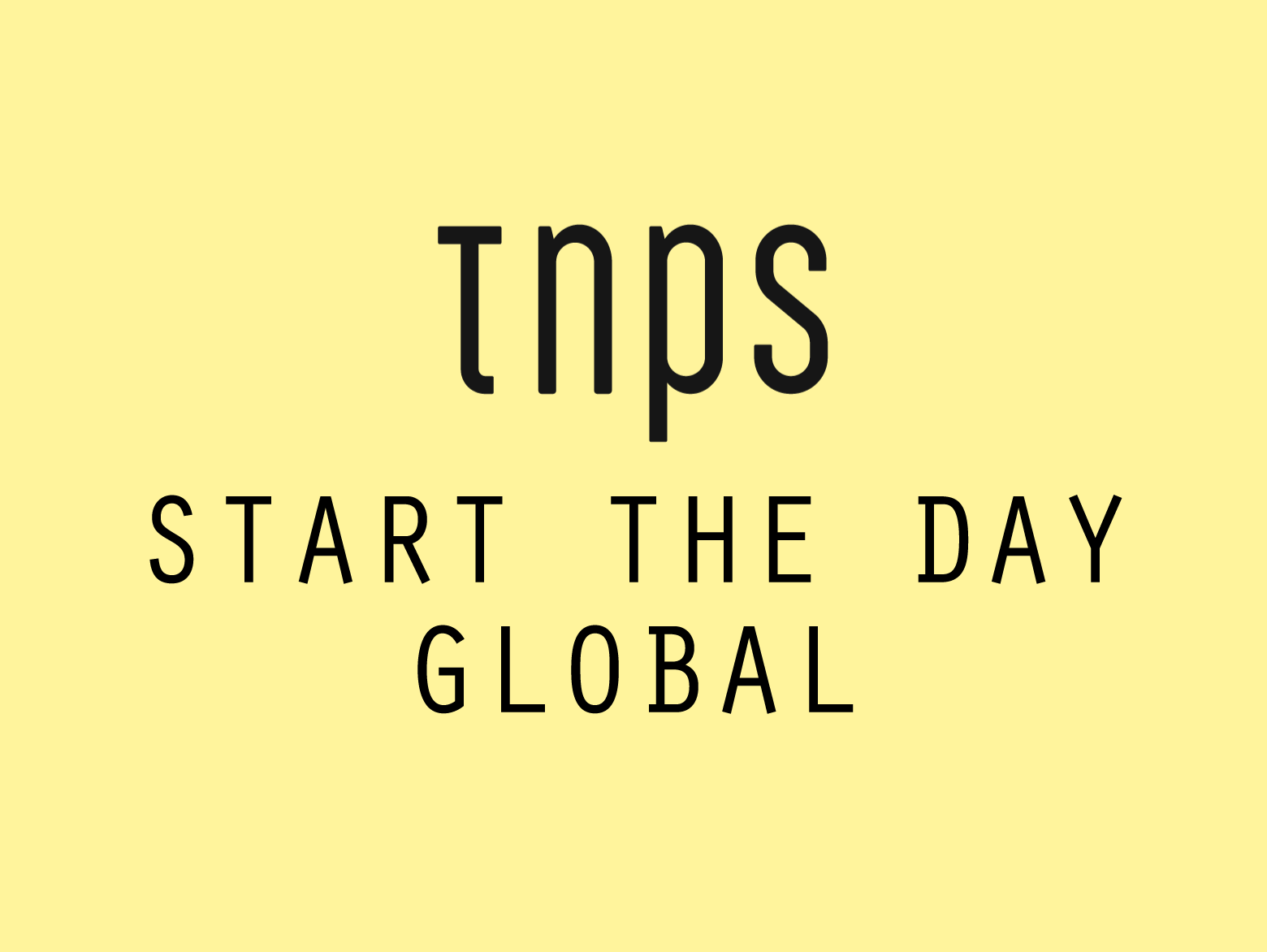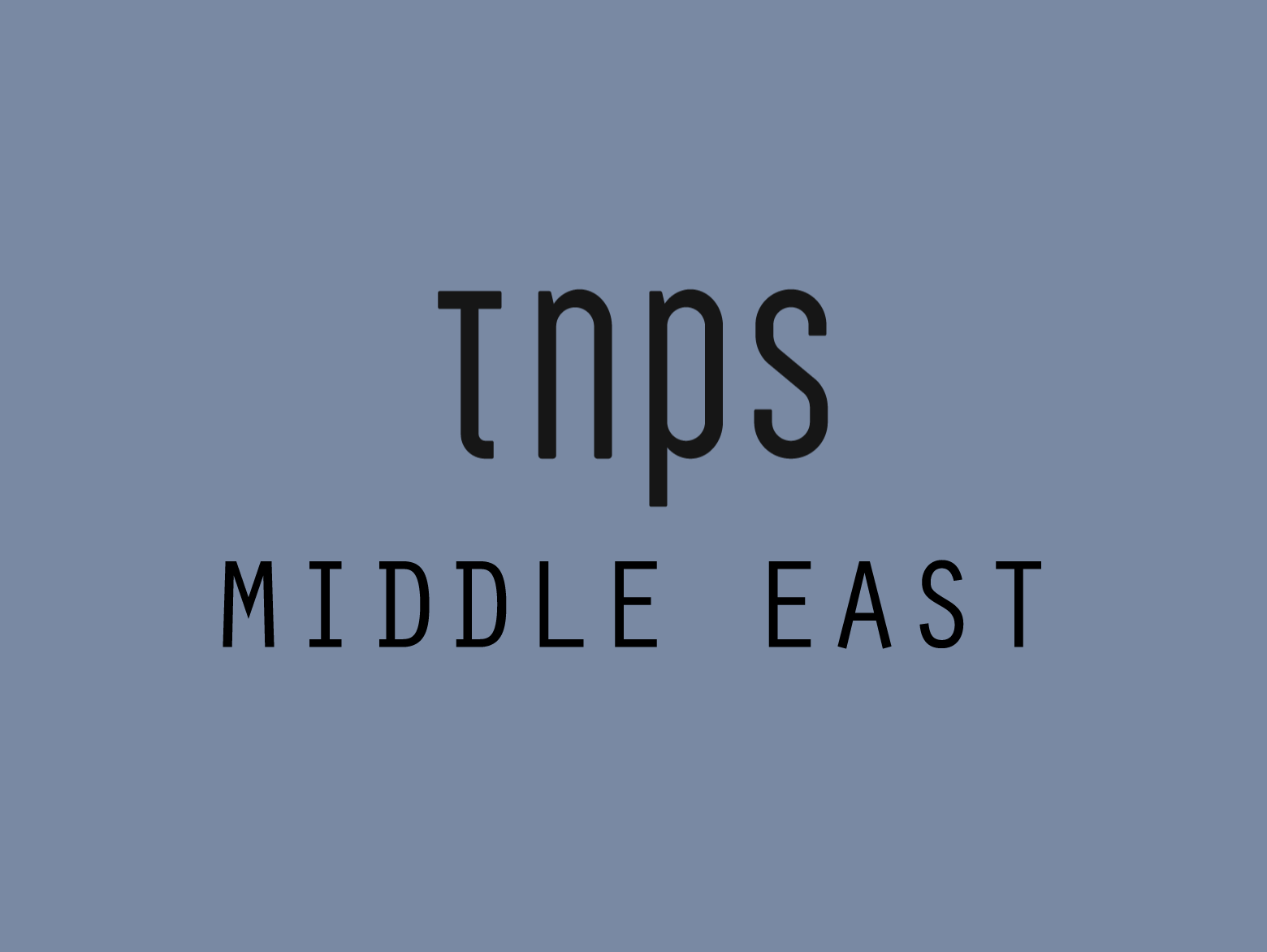The Hot Sheet is a publishing industry news-sheet for authors, produced every two weeks by Porter Anderson and Jane Friedman, and reviewed here every other Sunday as one of the best bi-weekly industry overviews available to authors.
We’re not interested in delivering breaking news, but perspective on stories that are likely to retain meaning for your long-term decision making. We provide distance and nuance on complex issues that affect all authors, whether traditionally published or self-published.

It’s 2018, and that can only mean its time for the Hot Sheet Reviewed to reappear, after a one-off break at the end of 2017.
The Hot Sheet kicks off the New Year with a look at Brexit and its likely consequences.
Nothing may have chilled British blood this fall as much as a comment made at Frankfurt Book Fair by Simon & Schuster chief Carolyn Reidy, who said that Brexit will mean “an end to Britain trying to grab Europe as an exclusive market.”
The Hot Sheet quoted Bloomsbury chief Nigel Newton as saying,
When Britain isn’t part of Europe, it is possible that it will become more of a shared market with American publishers, an ‘open market,’ as it is called,” in which UK publishers and authors would lose protected sales status in the eurozone.
What it comes down to, and as is elegantly summed up by Anderson and Friedman, is that UK publishers will lose their eight week exclusivity advantage to sell titles in the EU without American editions flooding the market. According to the Hot Sheet.
more than a third of the UK’s £1.2 billion (US$1.6 billion) in book sales reportedly are made in the European marketplace.
Anderson and Friedman posit that Amazon could lead a post-Brexit legal challenge to
erode the UK’s contractual exclusivity,
and quotes New York literary agent Donald Maass as saying,
If European sales are aggressively pursued by Amazon, and if European courts override author contracts with UK publishers, then the ultimate effect of Brexit for US authors may be that they’ll have to choose between having a US or a UK publisher, but not both.
Not everyone agrees Amazon would challenge territorial rights in European courts, Clare Alexander of Aitken Alexander saying she does not
see European courts overturning existing, perfectly valid contracts.”
But at the end of the day this is about what we loosely term “traditional publishers.”
For regular indies (as opposed to hybrid authors with a foot in both camps, who will need to confront both sides of this debate) the issues are in many ways mute, in that indies have opted for personal control of their titles, and usually opt for world rights distribution from day one.
The reality of course is that personal control is more talk than walk, because when we self-publish we indies are always at the mercy of the distributors and retailers we have access to.
The concern to me for traditional publishers and indies alike is the notion of global rights.
Whether we are contracted to a Big 5 publisher or totally indie, none of us have anywhere near global reach in real terms, and my advice to any author in any camp, is to treat “world rights” as a lazy option. For career authors, unless we are getting the red carpet treatment from our publisher, the best way is to treat each country/region/language on its merits.
More work for us, for sure, but since when was being a career author the easy option?
The Hot Sheet also examined the final end of year book sales numbers (US) as offered by BookScan, and this is worth looking at closely.
BookScan reflects a 1.9 percent gain in print book sales over 2016, driven by a near 7 percent gain in backlist sales. However, mass merchandisers (e.g., Walmart) experienced a 6.8 percent decline in their sales in 2017, and independent bookstores benefited from a 2.6 gain. Since Barnes & Noble performed very poorly, Amazon sales are a factor in the industry’s overall print gain.
I won’t quote the whole review here (subscribe to the Hot Sheet for that) other than to add that in the UK the picture was slightly different, and that
the print book market grew even though copies sold were down 2.6 percent from 2016.
The Hot Sheet then moves on to the disastrous Barnes & Noble results, adding to the narrative that bookstores and print are in trouble.
For my part this would better have been balanced with a further look at the UK market and the way Waterstones is defying the trends, even opening five new stores in time for Christmas.
The Hot Sheet’s bottom line on this notes that
Publishers Weekly pointed out that print unit sales have risen every year since 2013—but how much of that is a result of Amazon’s strength (and publishers’ high ebook pricing)? A frequent talking point is now the frontlist-backlist divide, or how new titles are not selling as strongly as in past years, with nonfiction dominating as fiction declines. Is that the new normal?
My guess it is, for now. As I explored here at TNPS, the most important thing for “traditional publishers” right now is to prop up print, even if that means continuing to price ebooks high.
Better to cede a little more control over print books to Amazon and eschew ebook profits than to cede total control to Amazon by focusing on ebooks and letting bricks & mortar print distribution go the way of the dinosaurs.
Other Hot Sheet stories include a self-published thriller that
claimed the most five-star reviews of any thriller released in 2017.
What wasn’t clear from this story was whether the UK author reaped all these five stars and sales mainly from the UK or US, which might have some relevance to the above-mentioned debate about Brexit and territorial rights.
The Hot Sheet reports that,
Even though (the author) has been approached by agents and publishers to pick up the work, she’s sticking with indie publishing for now, with an agent for audio and foreign rights.
Which of course begs the question, when is an indie an indie, and answers the question often posed by indies – “What are publishers good for?”
As we’ve seen countless times over the years since self-publishing took off, successful indies inevitably turn to traditional publishers and agents to do the work most indies prefer not to do or realistically can’t do.
And that’s a great opportunity for publishers big and small to engage with indie authors for mutual benefit.
In other news the Hot Sheet reports on the Pubslush phoenix Publaunch in Canada, which at first glance seems an intriguing prospect, but still has far too many questions marks hanging over it for my liking.
The Hot Sheet’s bottom line:
It is exceedingly difficult to launch a new self-publishing service company that stands out from the crowd and earns the trust and respect of authors … Macmillan’s Pronoun and the UK edition of Bonnier’s Type & Tell both closed. And last month, Denmark’s Palatium pivoted away from its original mission to place indie authors with subscription services. The PubLaunch program looks like a heavy lift.
As ever, lots more in the Hot Sheet, every two weeks, from Jane Friedman and Porter Anderson.
Click here to find out more about the Hot Sheet, and get a thirty day free trial (two free issues, as it publishes every other Wednesday).
NB: The New Publishing Standard does not carry affiliate links and we receive no compensation from any mention of any service, paid or otherwise.





